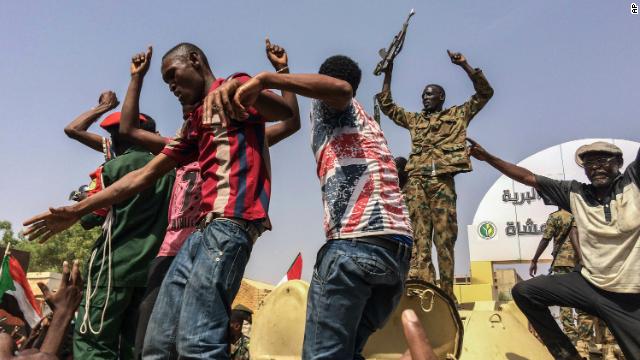Human Rights Watch calls the ouster of long-time Sudan strongman Omar Bashir “momentous” and welcomes the release of political detainees, according to a statement from HRW Associate Africa Director Jehanne Henry.
But Henry goes on to ask Sudan’s leaders to respect the rights of Sudanese to continue to protest peacefully and enact reforms to "reverse the entrenched patterns of repression and immunity."
Henry also says a curfew set in place by the government is a “test” for how they will deal with the continuing sit-in, and a test for acting leader, Sudan’s Defense Minister Awad Mohamed Ahmed Ibn Auf, who has declared a two-year military council to oversee a transition of power in the wake of the coup.
Henry says of Ibn Auf, “He doesn’t have a good record at all” and the “US has sanctioned him for his role in Darfur atrocities." For that reason, she adds, “protestors watching are right to be skeptical."
Henry also calls on Sudanese authorities to execute the 2009 International Criminal Court arrest warrant against Omar al-Bashir for crimes against humanity and war crimes. Bashir stands accused of conducting a campaign of ethnic cleansing in the country's Darfur region.
